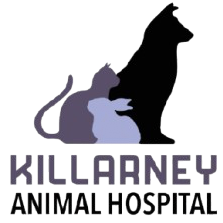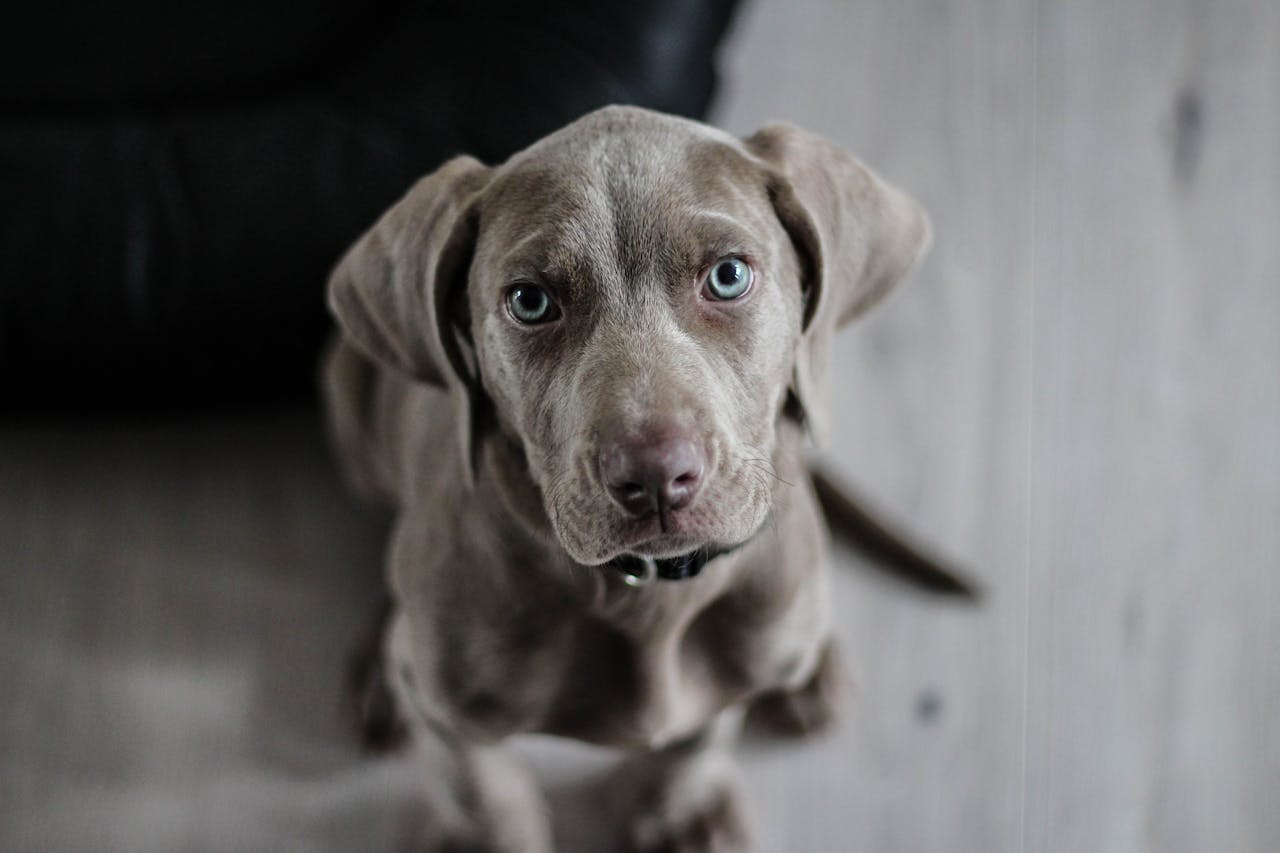Kennel cough in dogs is a highly contagious respiratory infection that can affect dogs of all breeds and ages. Also known as canine infectious tracheobronchitis, this condition is similar to the common cold in humans. Although it’s usually not life-threatening, it can cause significant discomfort and inconvenience for your furry friend. Understanding what kennel cough is, how it spreads, and how to prevent it is crucial for keeping your dog healthy.
What is Kennel Cough?
Kennel cough in dogs is primarily caused by the bacterium Bordetella bronchiseptica, often in combination with viruses like the canine parainfluenza virus or canine adenovirus. When a dog is infected, the lining of their trachea and bronchi become inflamed, leading to the characteristic hacking cough.
The name “kennel cough” comes from the fact that the infection spreads rapidly in places where dogs are in close quarters, such as kennels, doggy daycares, and shelters. However, your dog can contract kennel cough anywhere they come into contact with an infected dog, including parks, grooming salons, or even during a walk around the neighborhood.
Signs and Symptoms of Kennel Cough in Dogs
The most obvious sign of kennel cough in dogs is a persistent, dry, hacking cough that often sounds like your dog has something stuck in their throat. Some dogs may also exhibit other symptoms, including:
- Sneezing
- Runny nose
- Lethargy
- Loss of appetite
- Mild fever
In more severe cases, especially in puppies, older dogs, or dogs with weakened immune systems, kennel cough can lead to pneumonia. If your dog shows signs of difficulty breathing, a high fever, or if the cough persists for more than a couple of weeks, it’s essential to seek veterinary care.
How is Kennel Cough Diagnosed?
If you suspect your dog has kennel cough, a visit to the vet is in order. Your veterinarian will typically diagnose kennel cough in dogs based on the symptoms and a history of exposure to other dogs. In some cases, they may perform additional tests, such as blood work or chest X-rays, to rule out other conditions or to check for complications like pneumonia.
Treatment for Kennel Cough in Dogs
Kennel cough in dogs is usually self-limiting, meaning it often resolves on its own within a few weeks. However, treatment can help alleviate symptoms and speed up recovery. Your vet might recommend:
- Cough suppressants to reduce the frequency and severity of the cough, making your dog more comfortable.
- Antibiotics if a bacterial infection is suspected, particularly if your dog is at risk of developing pneumonia.
- Rest is crucial. Avoid strenuous activities and walks that could irritate your dog’s throat further.
During the recovery period, it’s essential to keep your dog away from other dogs to prevent spreading the infection.
Preventing Kennel Cough in Dogs
While kennel cough is not entirely preventable, there are steps you can take to reduce your dog’s risk of contracting the disease:
- Vaccination: The Bordetella vaccine is the most common preventive measure against kennel cough in dogs. This vaccine is not 100% effective, but it can significantly reduce the severity of symptoms if your dog does contract the disease. Depending on your dog’s lifestyle, your vet may recommend an annual booster.
- Avoid Exposure: If your dog is not vaccinated or if there is an outbreak of kennel cough in your area, try to avoid high-risk environments like dog parks, kennels, or grooming salons.
- Boost Their Immune System: A healthy immune system can help your dog fend off infections more effectively. Ensure your dog has a balanced diet, regular exercise, and routine vet check-ups to keep their immune system strong.
- Maintain Clean Living Conditions: Keep your dog’s living area clean and well-ventilated. Good hygiene can help reduce the spread of respiratory infections like kennel cough in dogs.
When to See the Vet
While kennel cough in dogs is often mild, it’s important to monitor your dog’s condition closely. If your dog’s symptoms worsen or don’t improve after a week, if they develop a high fever, or if they have difficulty breathing, you should contact your veterinarian immediately. Early intervention can prevent complications and ensure your dog recovers quickly.
At Killarney Animal Hospital, we offer comprehensive care and vaccinations to help keep your dog safe and healthy. Contact us today to schedule a check-up or to learn more about preventing kennel cough and other common canine illnesses.

